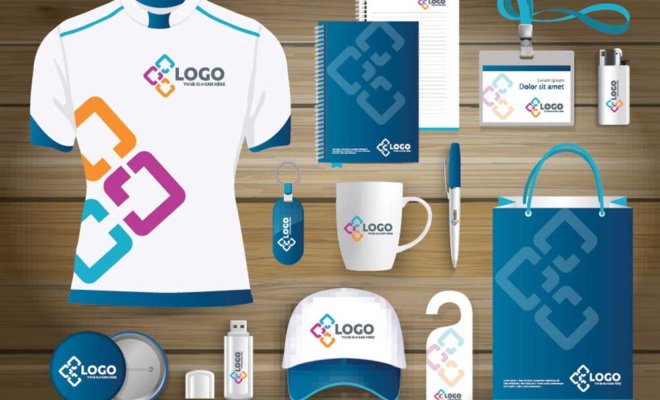Data is becoming increasingly important to how we perceive the world. How we utilize it, to interpret things that matter, depends on the kind of technology we use. For advertisers, big data gets more meaning when used programmatically to target customers.
It’s a time to cut through all the complexities of advertising and reach your prospects with desired efficiency. Programmatic ad buying is here to deal with bigger targets and help you create a benchmark with your advertising techniques. While everyone can access programmatic platforms, your business intelligence can make a difference.

Programmatic media is data driven and uses only relevant data to get you to your next buyer.
A survey of 50 top-level marketing, data-services, and tech-development executives was held recently. It was for a report commissioned by the Interactive Advertising Bureau, and states that marketers want platforms that handle can an increasing variety of data sets, primarily for predictive analytics, audience segmentation and related functions.
The executives surveyed appear to rank data management for programmatic ad buying as a primary application for the types of platforms discussed. The report found 80% of the participants saying open-market programmatic ad buying was the central purpose. Around 60% said they cared more about using data platforms for digital ad content optimization and programmatic ad purchasing.
Techniques and strategies for user engagement include:
- Intelligent content mapping and recommendations – Study user activities to identify their interests, and recommend content and topics of interest to them
- Context-specific content – Analyze users’ information to create their online persona and deliver content according to their context
- Content segmentation – Develop customer segments based on the kind of content consumed by them and deliver relevant content according to this content segmentation
- Interaction and participation – Use collaborative platforms to run activities that encourage users to comment, rate, and participate in various programs
These are micro strategies one can employ with some expertise, but only with a technology which will identify the context, content, people’s interests, and traffic patterns. Today, much of the process is programmed and technology allows reaching audiences in an automated way.
Programmatic media buying is increasingly being driven by data and analytics. Programmatic advertising enables brand marketers to harness data to reach targeted audiences. It also allows the use of multi-screen ad strategies, through which digital out-of-home (DOOH) media can be bought alongside television, mobile, and online media.
Programmatic media buying is a tactic that can be used to step up many marketing strategies. Strategy, as a definition, is a plan of action or policy designed to achieve a major or overall aim. Those who say that programmatic advertising is not a plan or policy on its own are right. Increasing the number of sales by using programmatic media requires some strategies, which are less time consuming and get implemented within milliseconds. That’s the advantage.
Putting the right message in front of the right consumer is a central theme in programmatic advertising. The most significant component of an effective message is whether it’s meaningful to the consumer.
Studies have made clear that no ‘one-size-fits-all’ solution can address a marketer’s need. IAB states that most marketers are directly dependent on a constant feed of consumer data. They share a similar, overarching directive: Put audience data to real use. As data sources continue to expand, they expect that data management platforms will continue to assume a more central role in digital marketing practices.
Author Bio:
Preethi vagadia is currently a Senior Business architect with the Service operations practice at a well-known IT Industry in Bangalore. She has worked in several process improvement projects involving multi-national teams for global customers. She has over 8 years of experience in Media Planning Software (http://www.tavant.com/adtech-solutions) and has successfully executed several projects in Logistics management, Logistics Integration, Reverse logistics, Warranty software and Programmatic Solutions.








